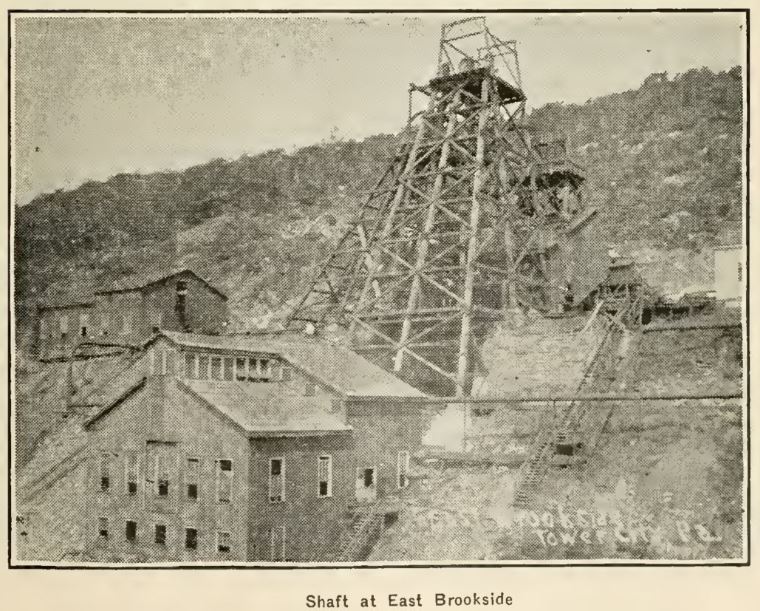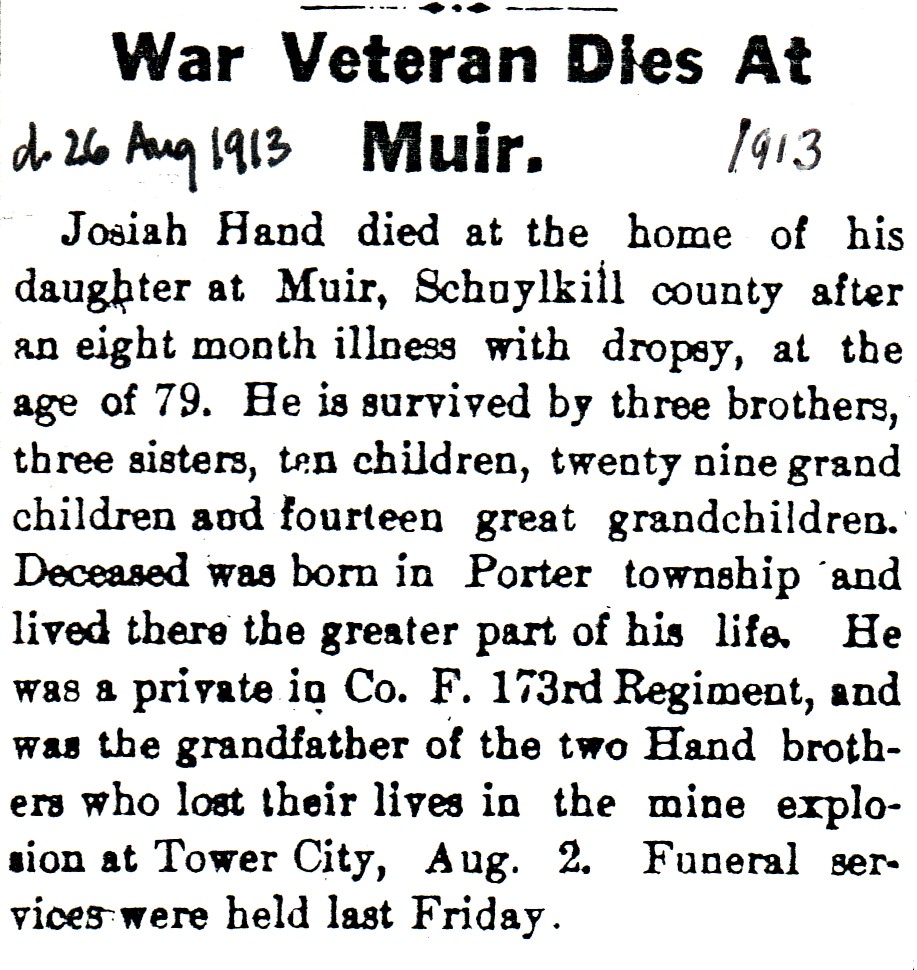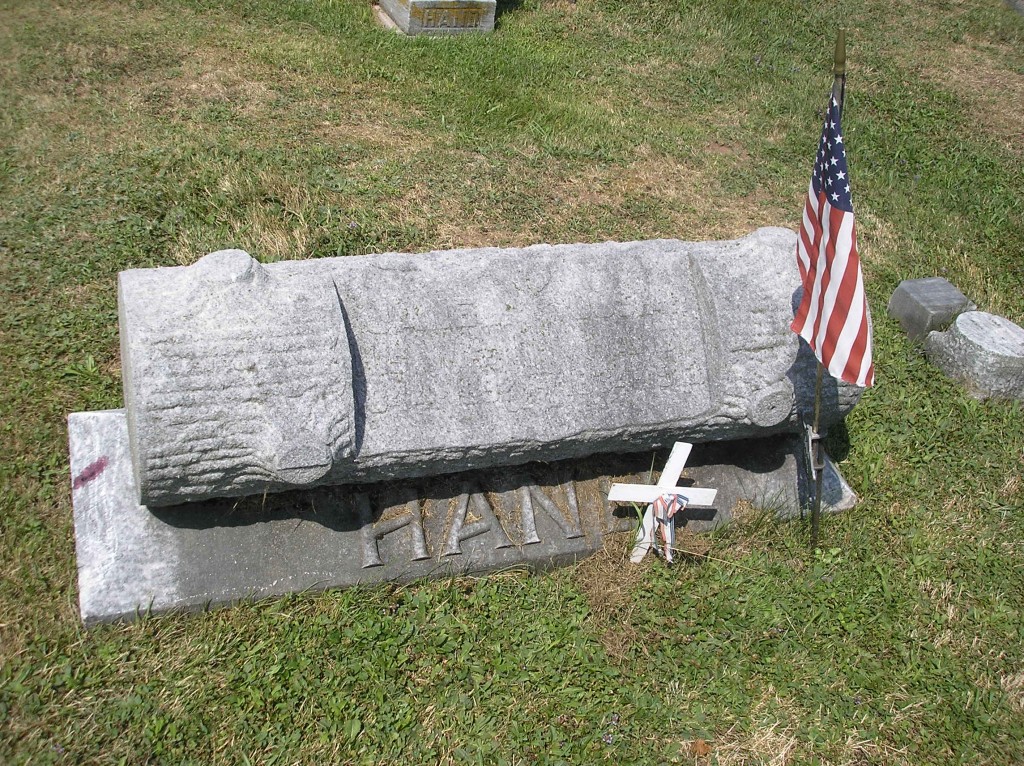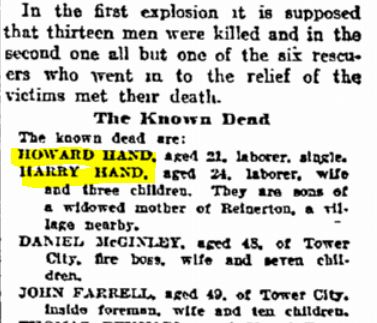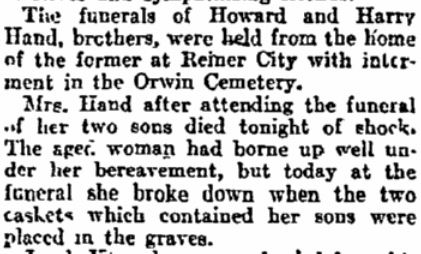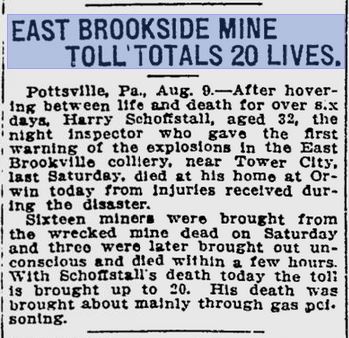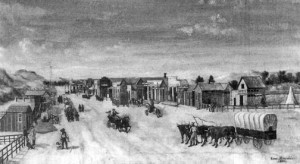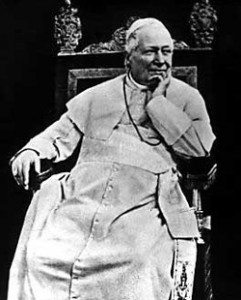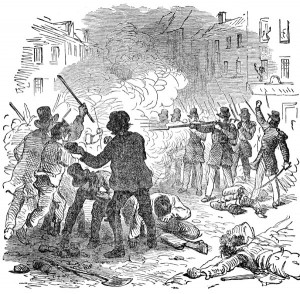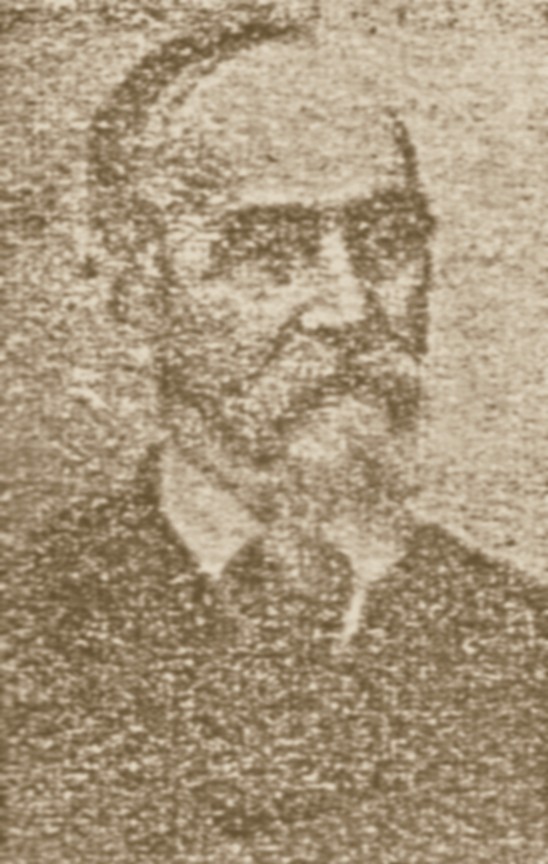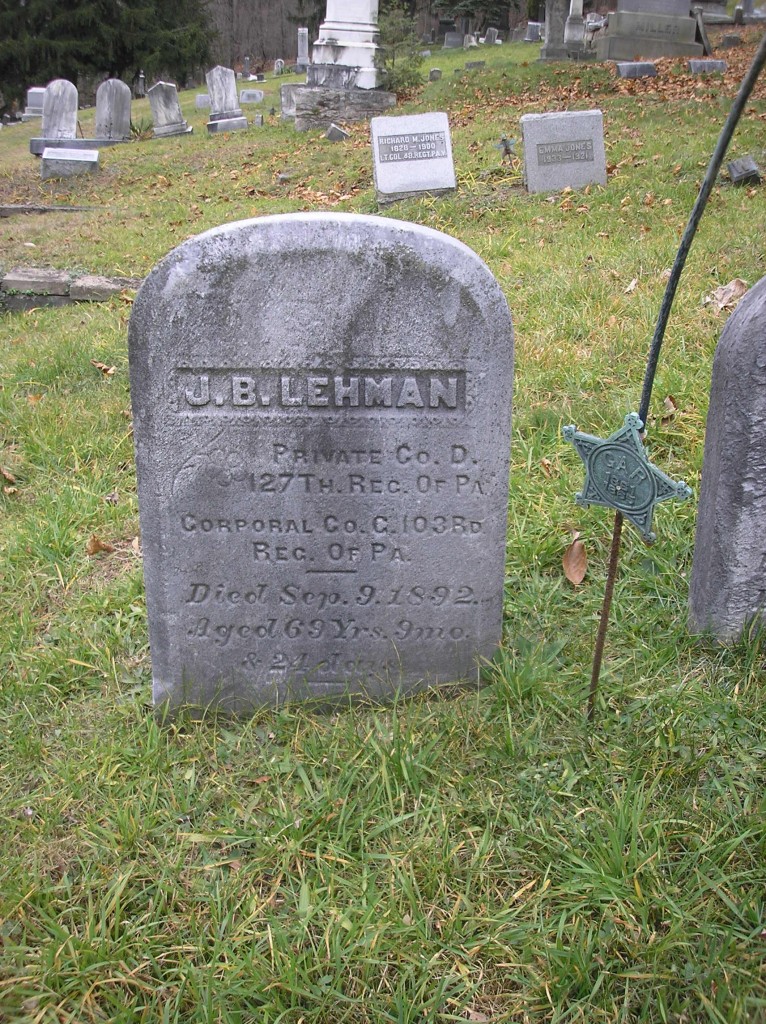When the guns ceased firing and Fort Sumter surrendered to its Southern attackers in April 1861, a “war-footing” began as hundreds of thousands of men, North and South, patriotically enlisted for their respective causes. In Pennsylvania, dozens of militia units formed with those already in existence to form regiments destined to participate in civil war.
Those heady days with their waving flags and dreams of glorious victory would soon be shattered by war’s realities. War at its cruelest would strike the Keystone State and their New England cousins in the wake of Fort Sumter on the streets of an old American city. Northern and Southern blood would spill onto Baltimore streets.
Poet J. W. Forney penned this poem in the weeks after the riots.
Our country’s call awake the land
From mountain height to ocean strand.
The Old Keystone, the Bay State, too,
In all her direct dangers true,
Resolved to answer to her cry,
For her to bleed, for her to die;
And so they marched, their flag before,
For Washington, through Baltimore.
Our men from Berks and Schuylkill came –
Lehigh and Mifflin in their train,
First in the field they sought the way,
Hearts beating high and spirits gay;
Heard the wild yells of fiendish spite,
Of armed mobs on left and right;
But on they marched, their flag before,
For Washington, through Baltimore.
Next came the Massaschusetts men,
Gathered from city, glade and glen;
No hate for South, but love for all,
They answered to their country’s call.
The path to them seemed broad and bright,
They sought no foeman and no fight,
As on they marched, their flag before,
New England’s braves, through Baltimore.
But when they showed their martial pride,
And closed their glittering columns wide,
They found their welcome in the fire,
Of maddened foes and demons dire,
Who, like the fiends from hell sent forth,
Attacked these heroes of the North;
These heroes bold, with travel sore,
While on their way through Baltimore.
From every stifling den and street,
They rushed the gallant band to meet –
Forgot the cause they came to save –
Forgot that those they struck were brave—
For the dearest ties of blood
That bound them in one brotherhood –
Forgot the flag that floated o’er
Their countrymen in Baltimore.
And the great song their son had penned,
To rally freemen to defend
The banner of the stripes and stars,
That makes victorious all our wars,
Was laughed to scorn, as madly then
They greeted all the gallant men
Who came from Massachusetts shore
To Washington, through Baltimore.
And when, with wildest grief, at last,
They saw their comrades falling fast,
Full on the assassins in their track,
They wheeled, and drove the cowards back.
Then, with their hearts o’erwhelmed with woe,
Measured their progress, stern and slow;
Their wounded on their shoulders bore
To Washington, through Baltimore.
Yet, while New England mourns her dead,
The blood by Treason foully shed,
Like that which flowed at Lexington,
When Freedom’s earliest fight begun.
Will make the day, the month, the year,
To every patriot’s memory dear.
Sons of great fathers gone before,
They fell for Right at Baltimore.
A stunning, powerful piece of literature. The men from Schuylkill County, who would proudly call themselves the First Defenders, would go on to form the 48th Pennsylvania regiment and face terribly bloody experiences in the Civil War.
Their war began in Baltimore.
 ;
;
